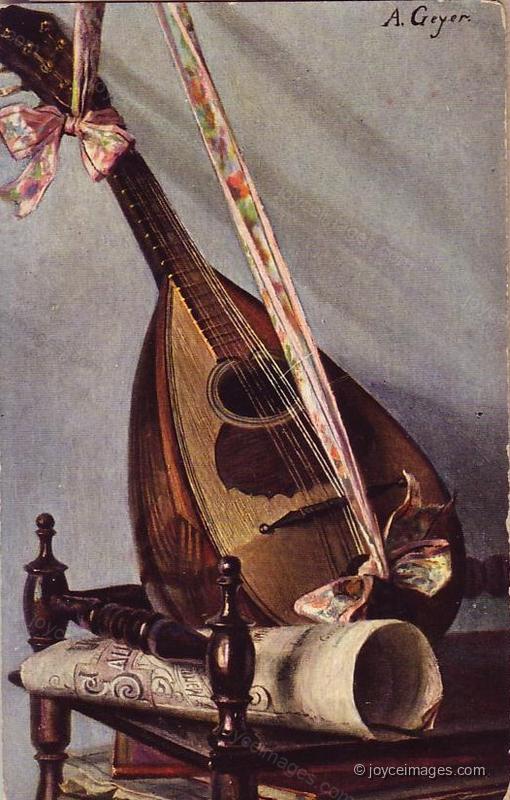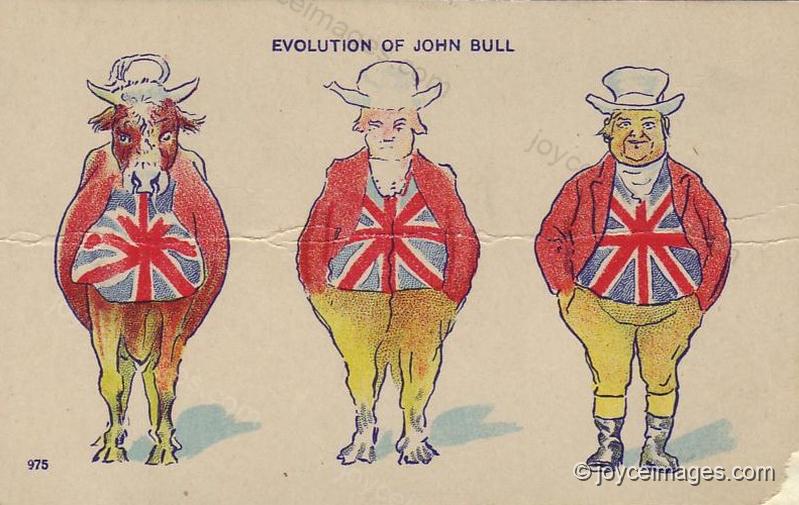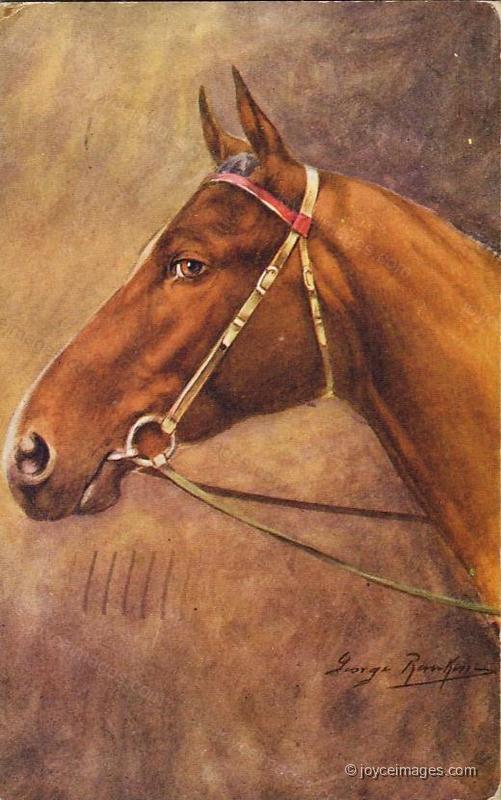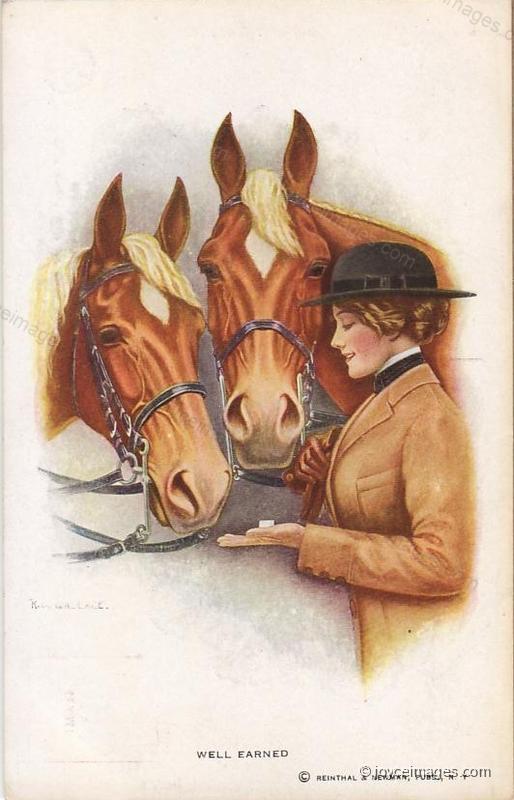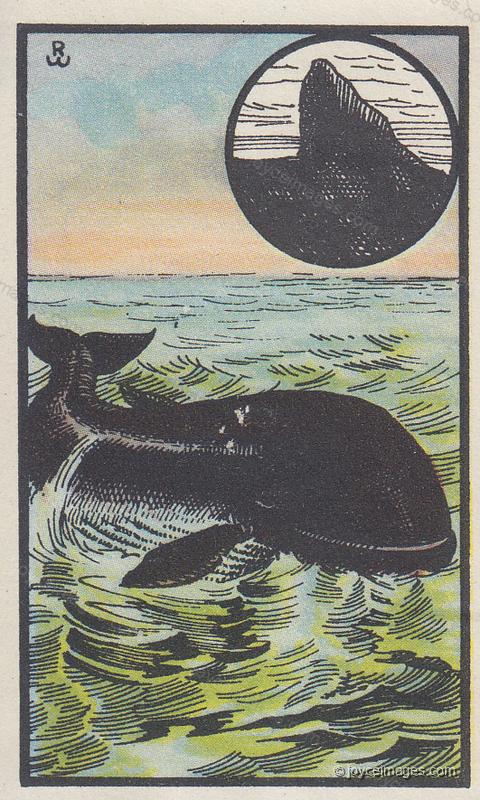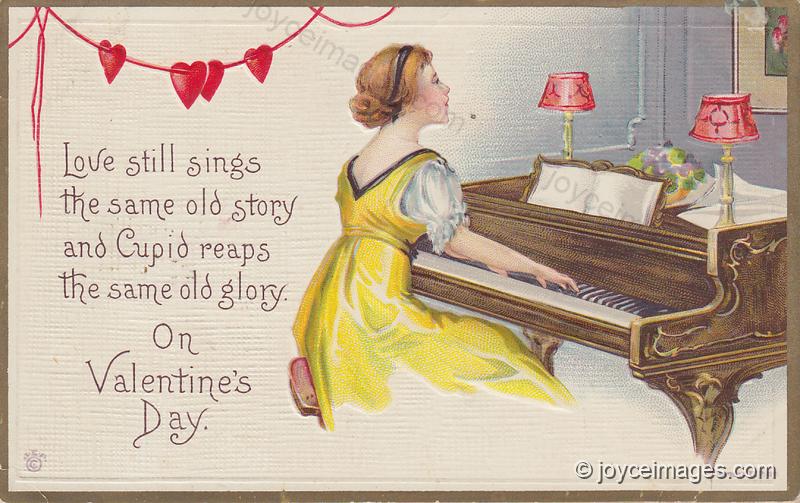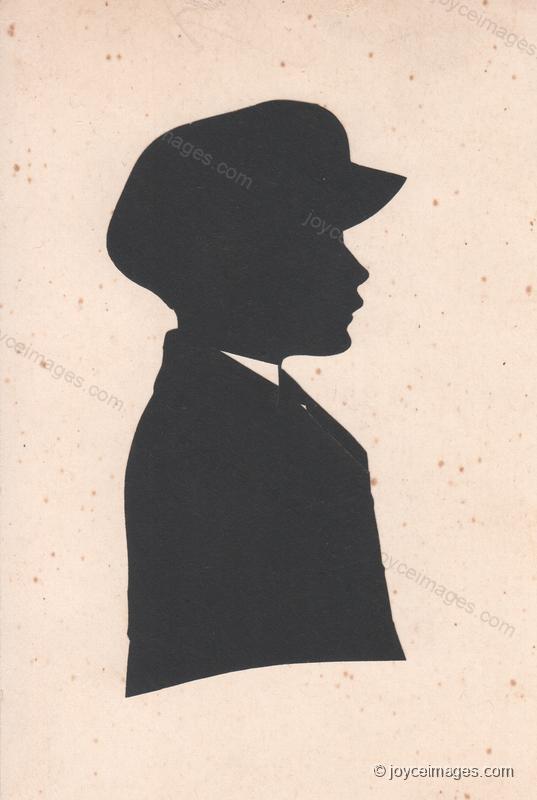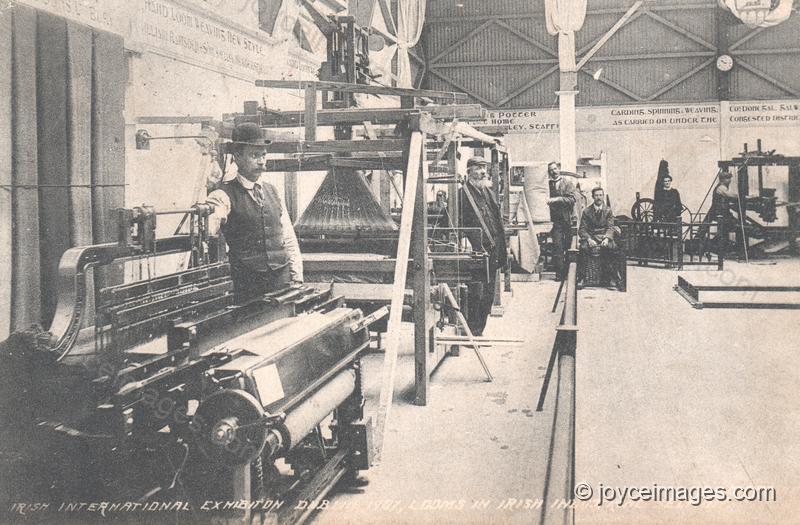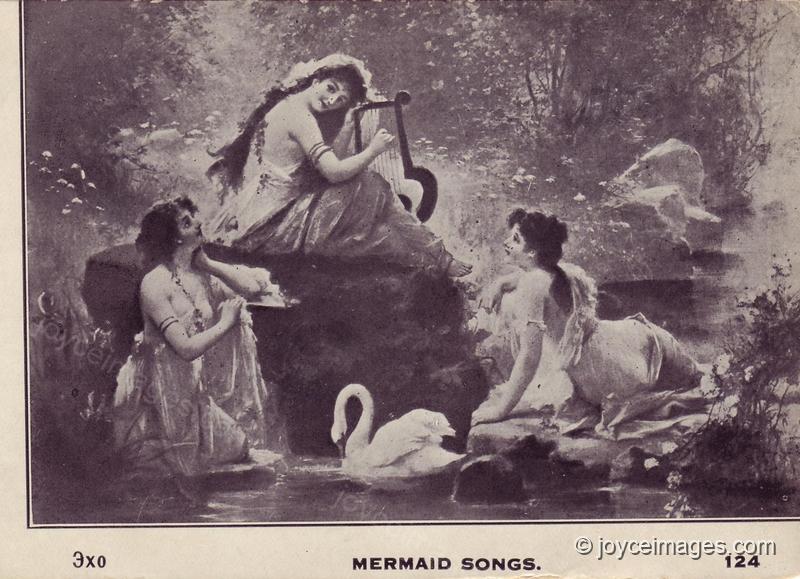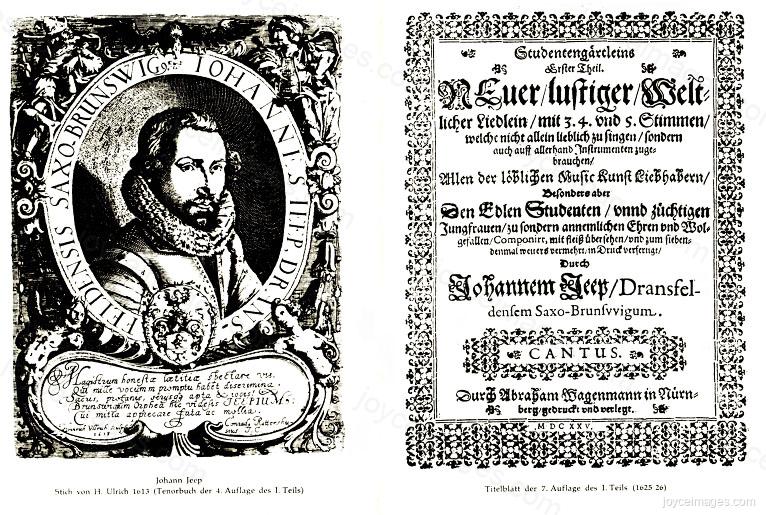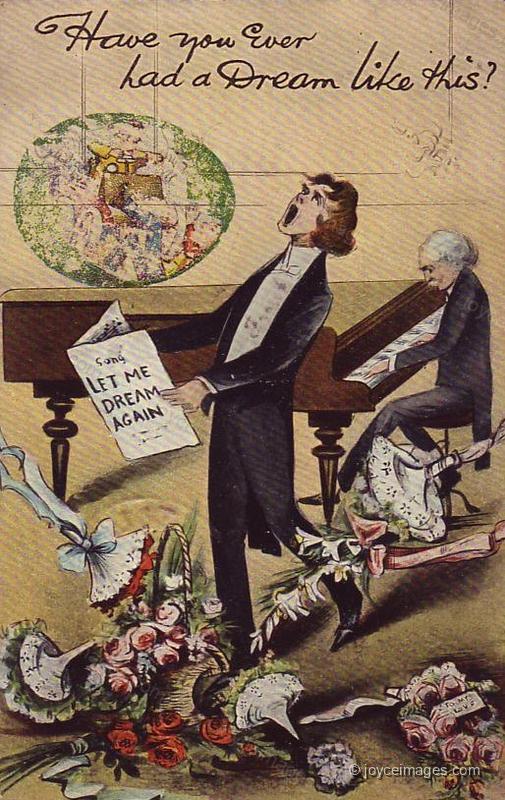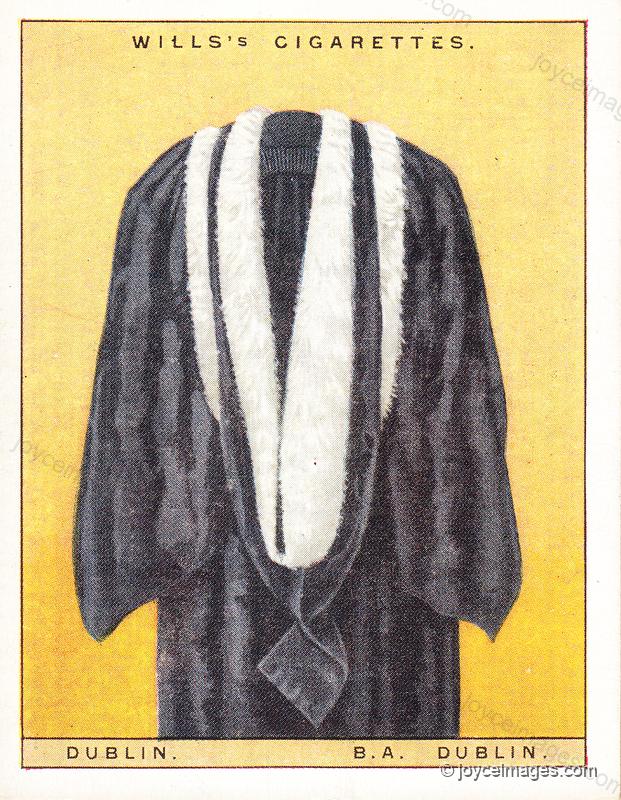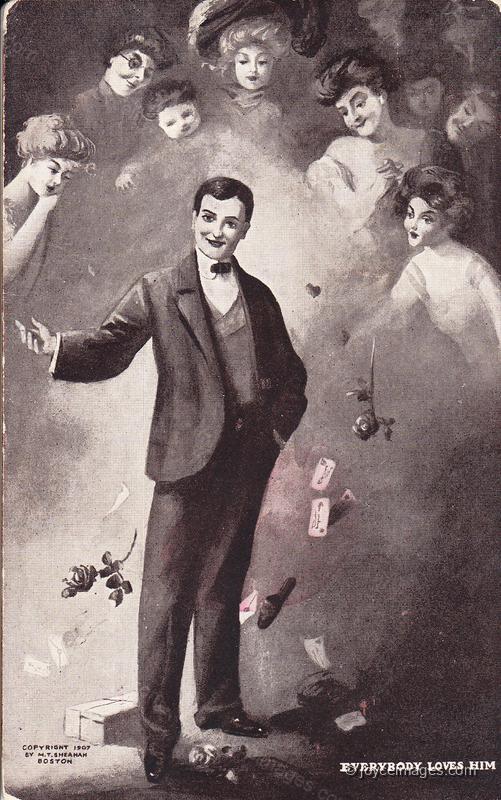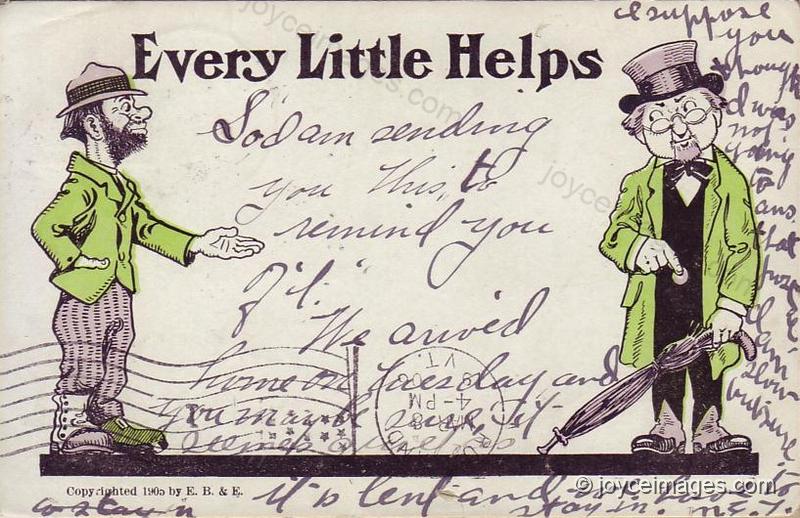"Stephen, in reply to a politely put query, said he didn't but launched out into praises of Shakespeare's songs, at least of in or about that period, the lutenist Dowland who lived in Fetter Lane near Gerard the herbalist, who annos ludendo hausi, Doulandus, an instrument he was contemplating purchasing from Mr Arnold Dolmetsch, whom Bloom did not quite recall, though the name certainly sounded familiar, for sixtyfive guineas and Farnaby and son with their dux and comes conceits and Byrd (William), who played the virginals, he said, in the Queen's Chapel or anywhere else he found them and one Tomkins who made toys or airs and John Bull." (U16.1760)
"On the roadway which they were approaching whilst still speaking beyond the swingchains, a horse, dragging a sweeper, paced on the paven ground, brushing a long swathe of mire up so that with the noise Bloom was not perfectly certain whether he had caught aright the allusion to sixtyfive guineas and John Bull. He inquired if it was John Bull the political celebrity of that ilk, as it struck him, the two identical names, as a striking coincidence." (U16.1770)
"By the chains the horse slowly swerved to turn, which perceiving, Bloom, who was keeping a sharp lookout as usual, plucked the other's sleeve gently, jocosely remarking:
- Our lives are in peril tonight. Beware of the steamroller.
They thereupon stopped. Bloom looked at the head of a horse not worth anything like sixtyfive guineas, suddenly in evidence in the dark quite near, so that it seemed new, a different grouping of bones and even flesh, because palpably it was a fourwalker, a hipshaker, a blackbuttocker, a taildangler, a headhanger, putting his hind foot foremost the while the lord of his creation sat on the perch, busy with his thoughts." (U16.1777)
- Our lives are in peril tonight. Beware of the steamroller.
They thereupon stopped. Bloom looked at the head of a horse not worth anything like sixtyfive guineas, suddenly in evidence in the dark quite near, so that it seemed new, a different grouping of bones and even flesh, because palpably it was a fourwalker, a hipshaker, a blackbuttocker, a taildangler, a headhanger, putting his hind foot foremost the while the lord of his creation sat on the perch, busy with his thoughts." (U16.1777)
"But such a good poor brute, he was sorry he hadn't a lump of sugar but, as he wisely reflected, you could scarcely be prepared for every emergency that might crop up. He was just a big foolish nervous noodly kind of a horse, without a second care in the world. But even a dog, he reflected, take that mongrel in Barney Kiernan's, of the same size, would be a holy horror to face." (U16.1786)
"But it was no animal's fault in particular if he was built that way like the camel, ship of the desert, distilling grapes into potheen in his hump. Nine tenths of them all could be caged or trained, nothing beyond the art of man barring the bees." (U16.1791)
"Whale with a harpoon hairpin, alligator tickle the small of his back and he sees the joke, chalk a circle for a rooster, tiger my eagle eye. These timely reflections anent the brutes of the field occupied his mind somewhat distracted from Stephen's words while the ship of the street was manoeuvring and Stephen went on about the highly interesting old." (U16.1795)
"— What's this I was saying? Ah, yes! My wife, he intimated, plunging in medias res, would have the greatest of pleasure in making your acquaintance as she is passionately attached to music of any kind." (U16.1800)
"He looked sideways in a friendly fashion at the sideface of Stephen, image of his mother, which was not quite the same as the usual handsome blackguard type they unquestionably had an insatiable hankering after as he was perhaps not that way built.
Still, supposing he had his father's gift as he more than suspected," (U16.1803)
Still, supposing he had his father's gift as he more than suspected," (U16.1803)
"it opened up new vistas in his mind such as Lady Fingall's Irish industries, concert on the preceding Monday, and aristocracy in general." (U16.1807)
"Exquisite variations he was now describing on an air Youth here has End by Jans Pieter Sweelinck, a Dutchman of Amsterdam where the frows come from." ([U16.1810])
"Even more he liked an old German song of Johannes Jeep about the clear sea and the voices of sirens, sweet murderers of men, which boggled Bloom a bit:
Von der Sirenen Listigkeit
Tun die Poeten dichten.
These opening bars he sang and translated extempore. Bloom, nodding, said he perfectly understood and begged him to go on by all means which he did." (U16.1812)
Von der Sirenen Listigkeit
Tun die Poeten dichten.
These opening bars he sang and translated extempore. Bloom, nodding, said he perfectly understood and begged him to go on by all means which he did." (U16.1812)
Johannes Jeep is a German composer and organist (1581 - 1644). He is especially known for his more than 100 hymn and psalm settings done mostly in four-part harmony. He also wrote an enduring set of student songs, pieces of popular music that are entirely homophonic and strophic. (Image courtesy of Harald Beck)
"A phenomenally beautiful tenor voice like that, the rarest of boons, which Bloom appreciated at the very first note he got out, could easily, if properly handled by some recognised authority on voice production such as Barraclough and being able to read music into the bargain, command its own price where baritones were ten a penny and procure for its fortunate possessor in the near future an entrée into fashionable houses in the best residential quarters, of financial magnates in a large way of business and titled people" (U16.1820)
"where with his university degree of B. A. (a huge ad in its way) and gentlemanly bearing to all the more influence the good impression he would infallibly score a distinct success, being blessed with brains which also could be utilised for the purpose and other requisites, if his clothes were properly attended to so as to the better worm his way into their good graces as he, a youthful tyro in- society's sartorial niceties, hardly understood how a little thing like that could militate against you." (U16.1827)
"It was in fact only a matter of months and he could easily foresee him participating in their musical and artistic conversaziones during the festivities of the Christmas season, for choice, causing a slight flutter in the dovecotes of the fair sex and being made a lot of by ladies out for sensation, cases of which, as he happened to know, were on record - in fact, without giving the show away, he himself once upon a time, if he cared to, could easily have. Added to which of course would be the pecuniary emolument by no mean.s to be sneezed at, going hand in hand with his tuition fees. Not, he parenthesised, that for the sake of filthy lucre he need necessarily embrace the lyric platform as a walk in life for any lengthy space of time." (U16.1833)
